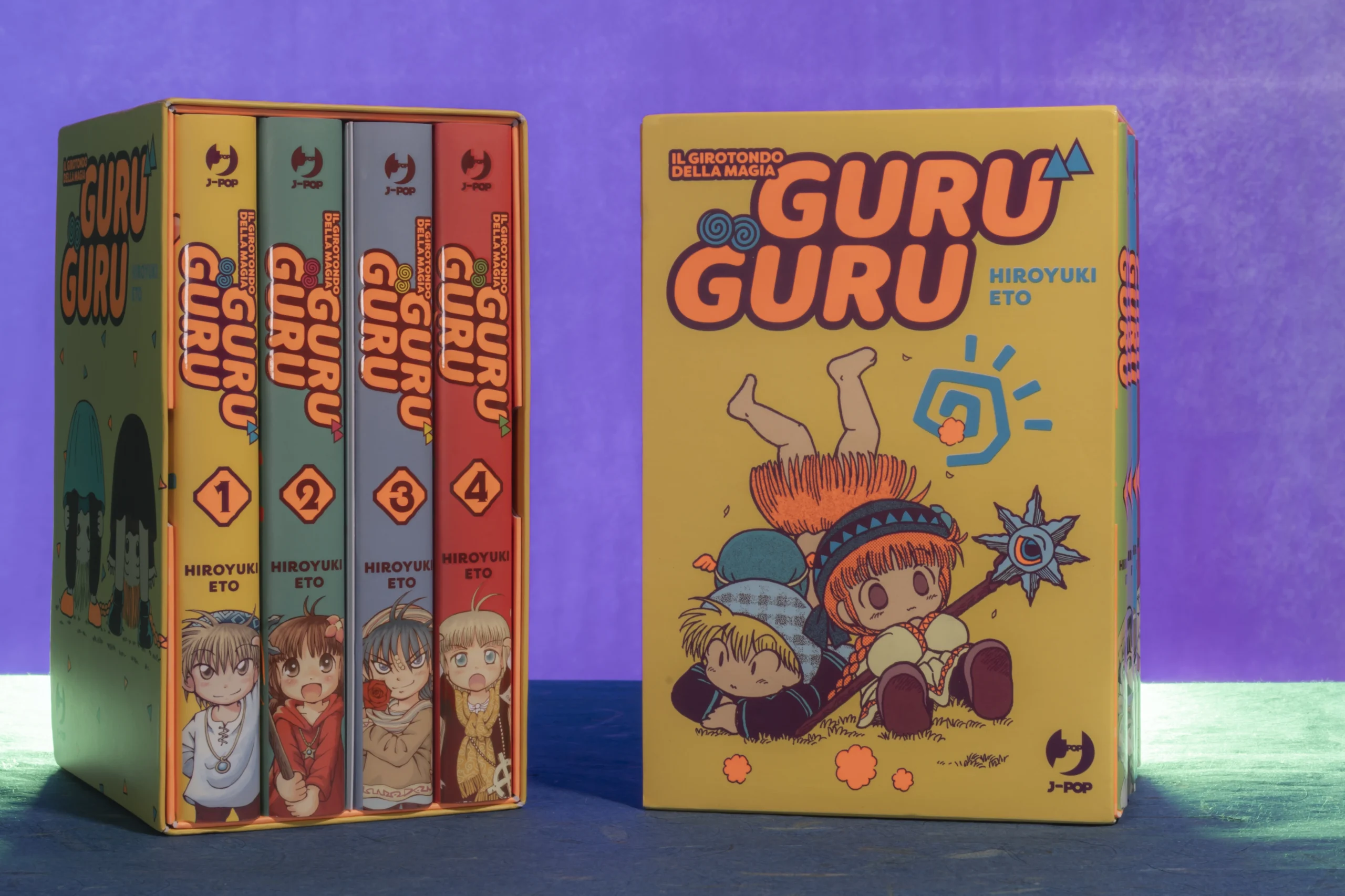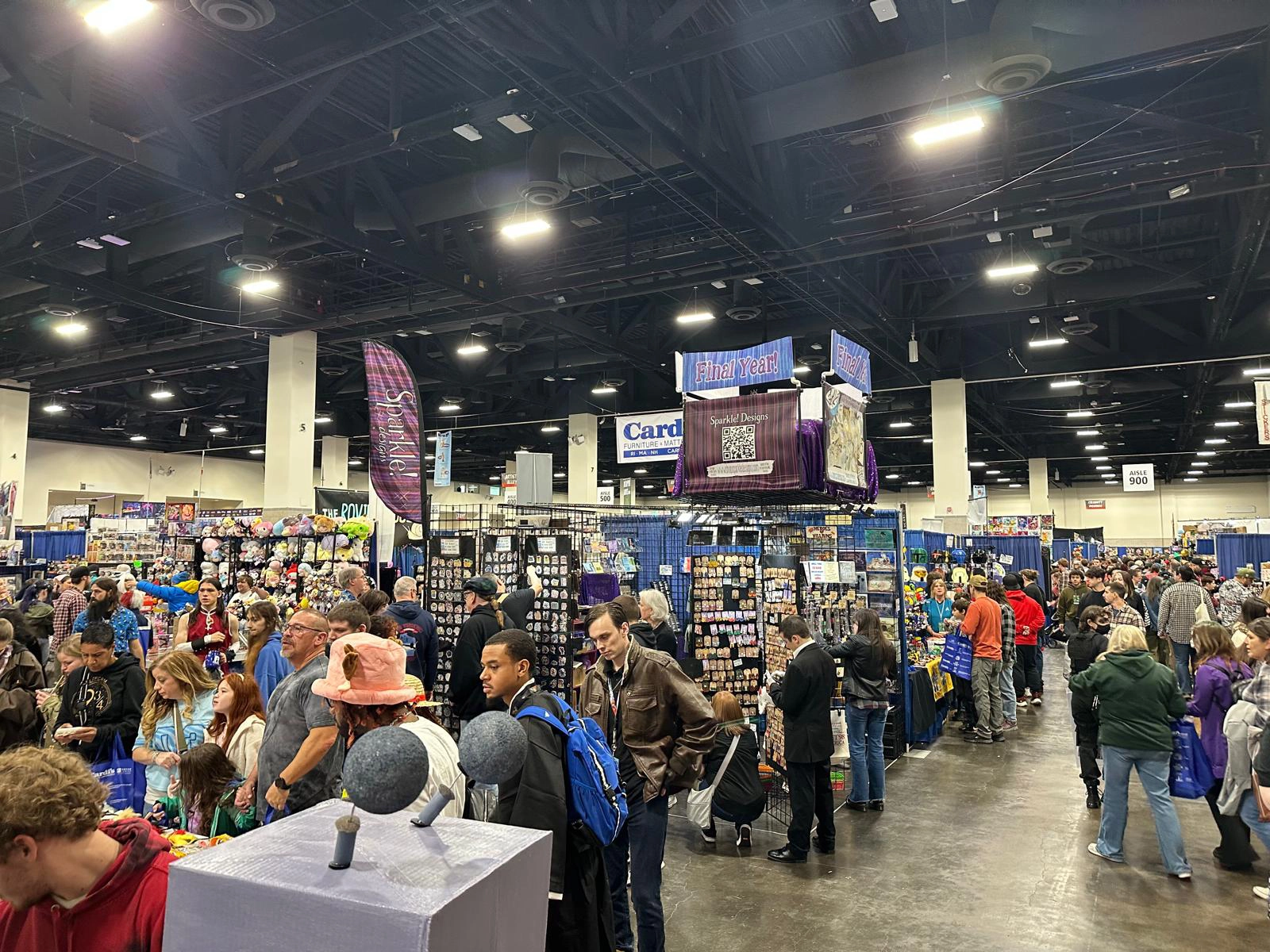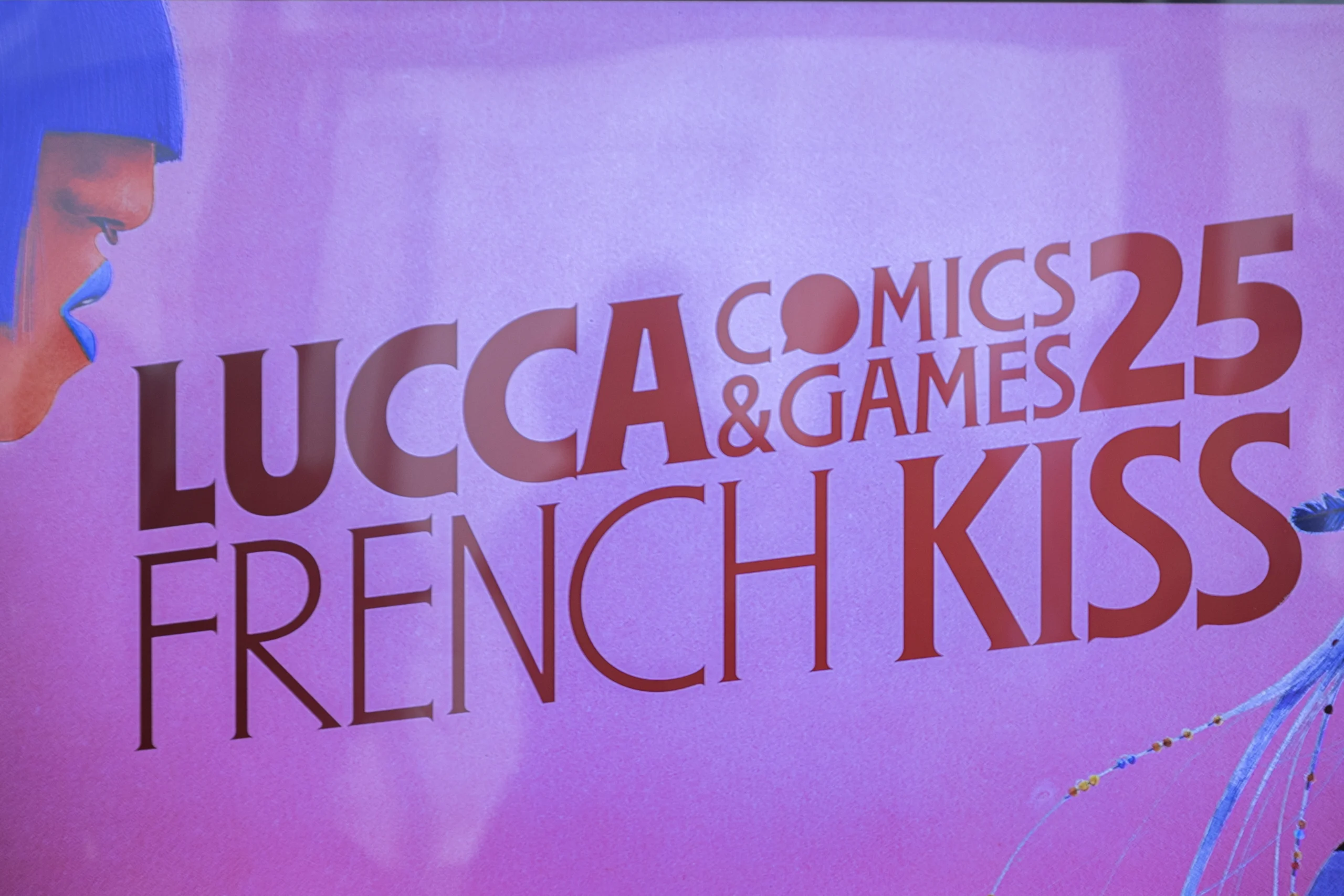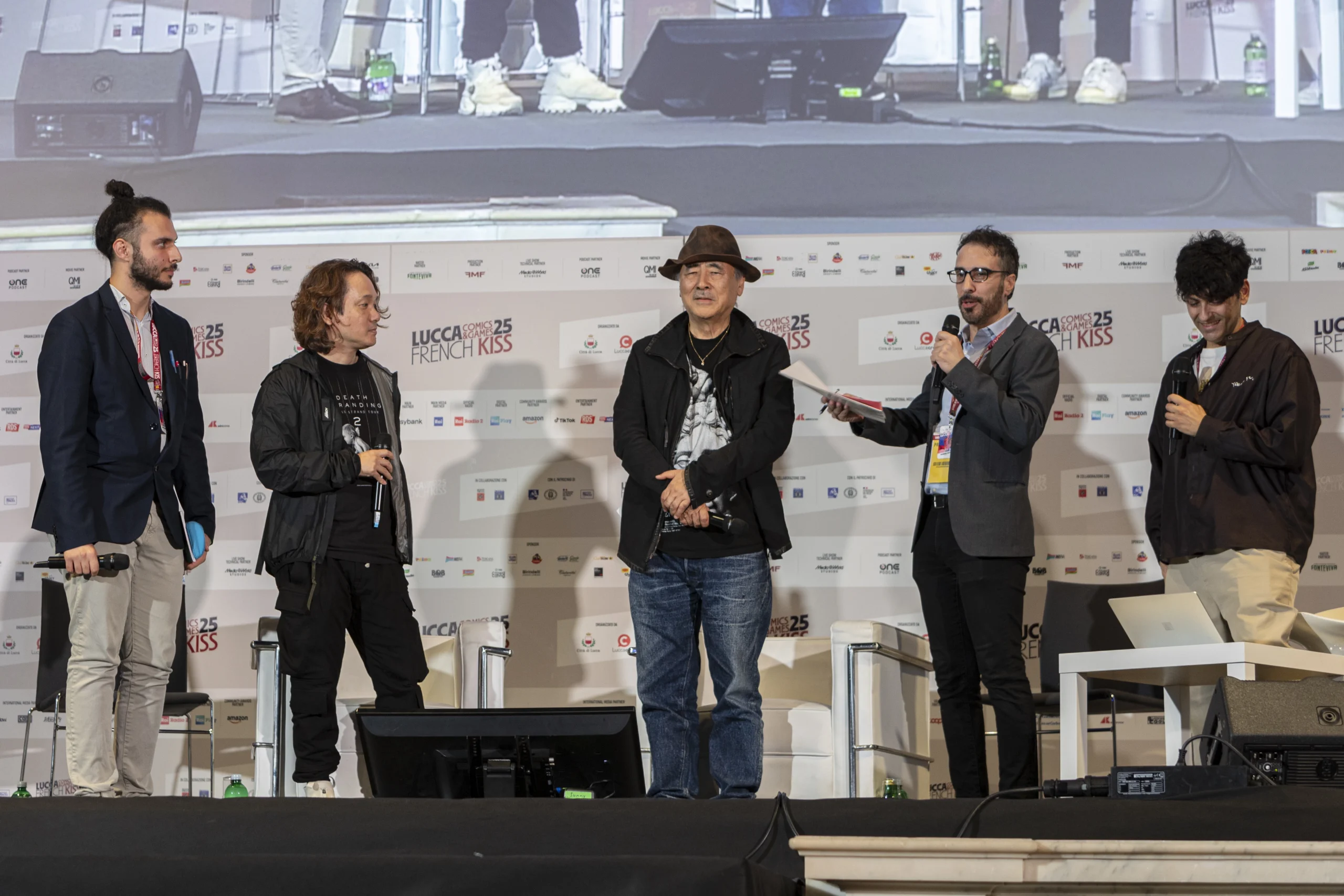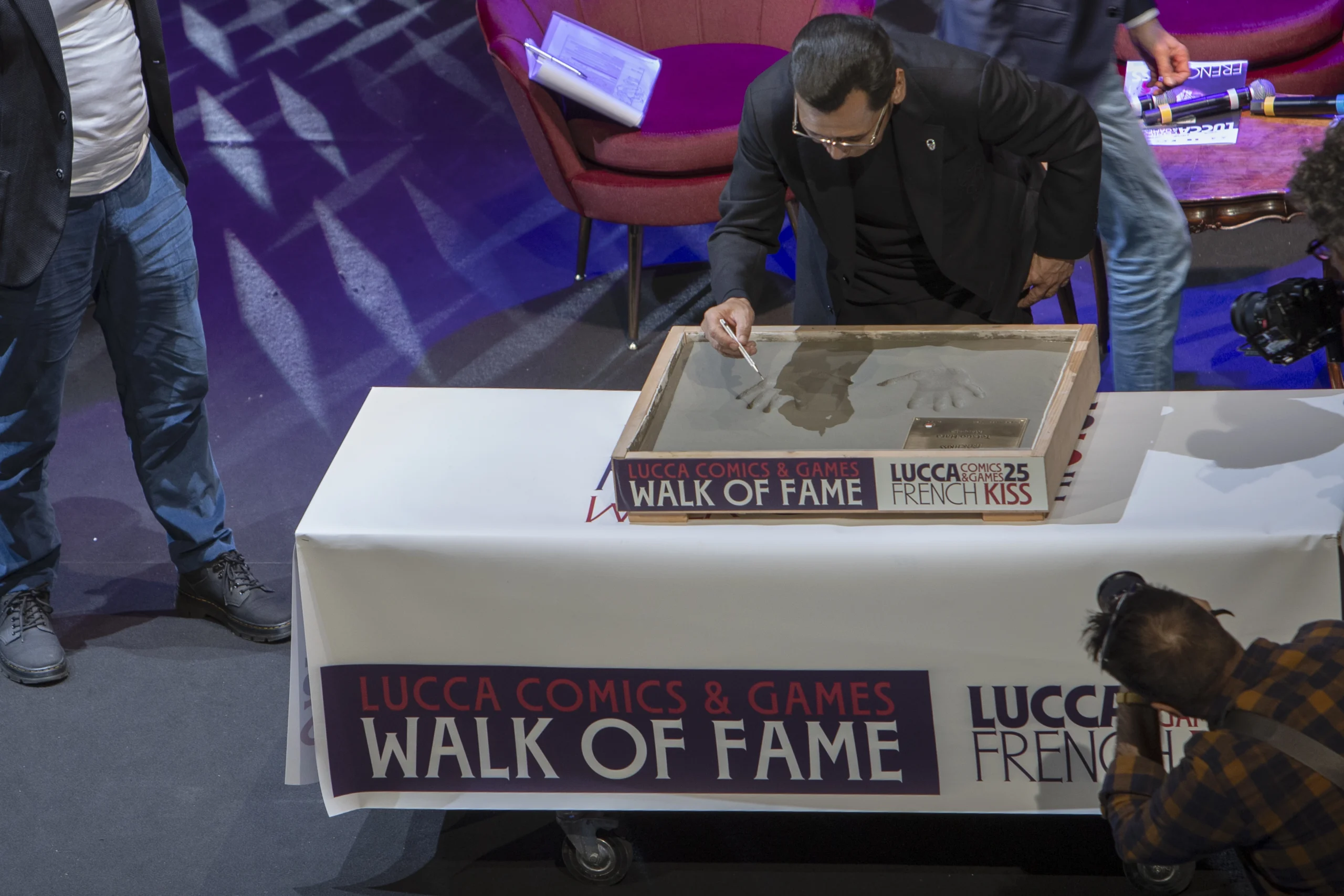Murder or suicide?
The long-awaited “Game Awards” recently took place, an unmissable event for video game lovers, just as much as the late E3. The E3 event had been on the brink of collapse for several years, after difficult years brought on by various internal and external discords. It is not surprising to many who had long sensed the imminent end. Personally, I was saddened at first, but after a cold analysis, I determined the sadness was due to the news of the cancellation and not for the future lack of the event. A quick and almost painless death is preferable, before the same event became lifeless on a bed, with continued care only by palliatives measures.
Our friend Pino Cuozzo (@pinocuozzo a.k.a. @cupofpino_the_real) tells us in a private conversation:
“It had already been dying for a few years. But yesterday marked the end of an era of video game information and video games in general… …I’m a little worried with this centralization of communication almost entirely on Geoff Keighley (creator, producer, and host of the Game Awards)”.
Keighley says that E3 was not killed by the Summer Game Fest (of which he is the organizer and host), but it brought itself to death. We don’t fully agree. A change in audience habits, withdrawal of partners, and a post-pandemic era have had their impact. Of course, the arrival of new competitors–namely the S.G.F.–has contributed more to moving the needle, or in this case, to making the event jump off the precipice. Was it just the wind of change that made E3 unbalanced or did Keighley give a slight push?
In the end, how sad can Geoff be to see his biggest competitor eliminated?
Illustration by Lucy Naland from The Washington Post


